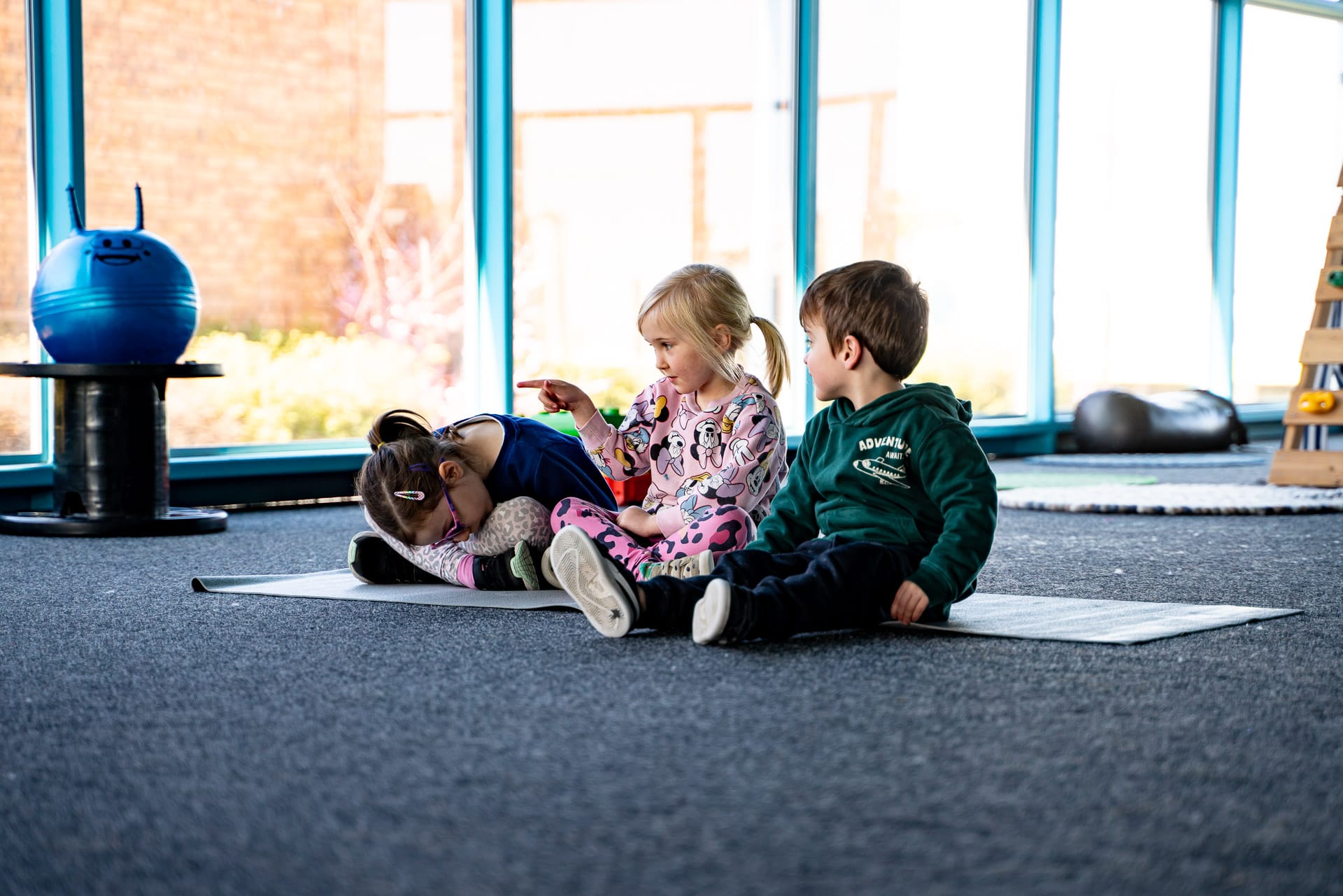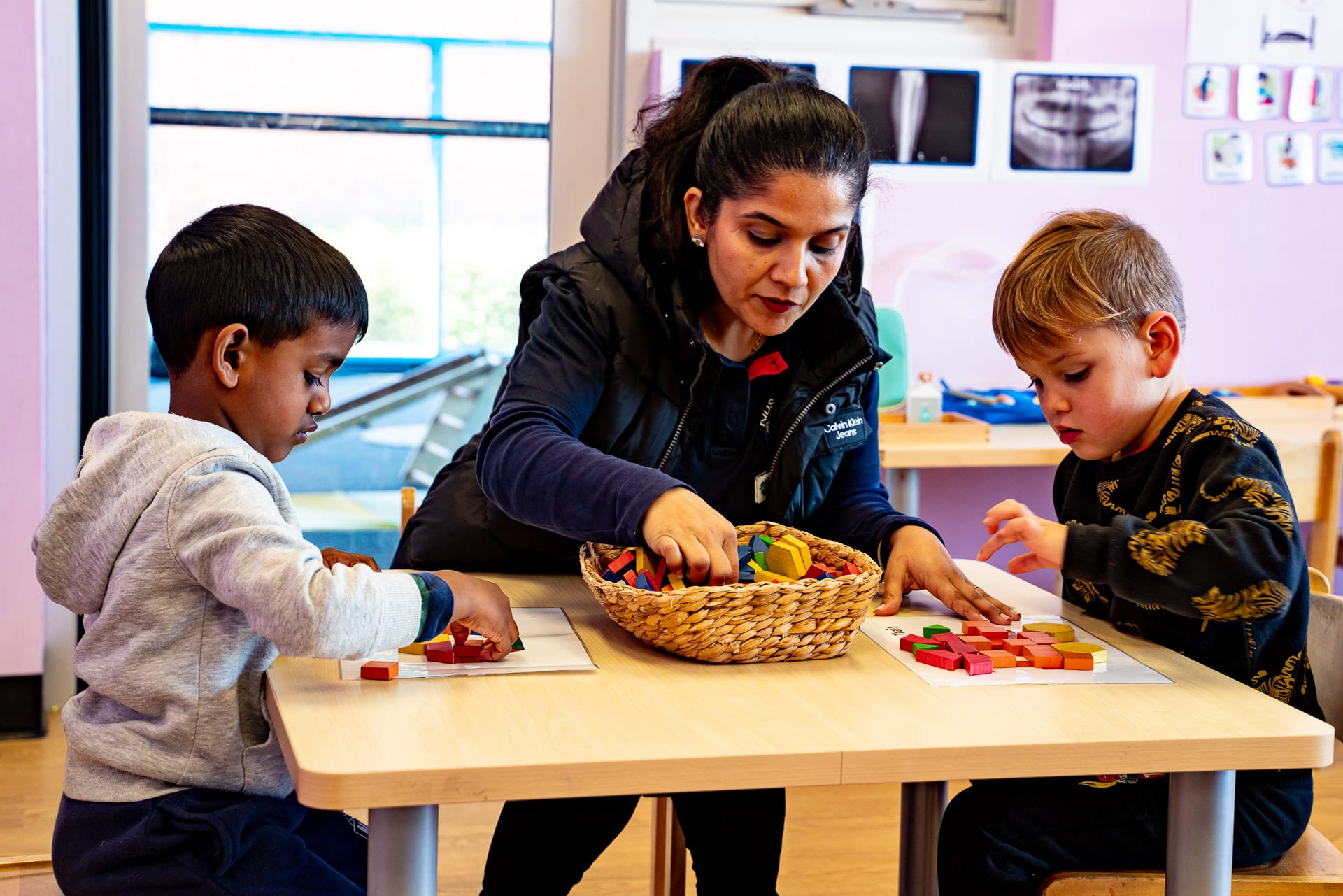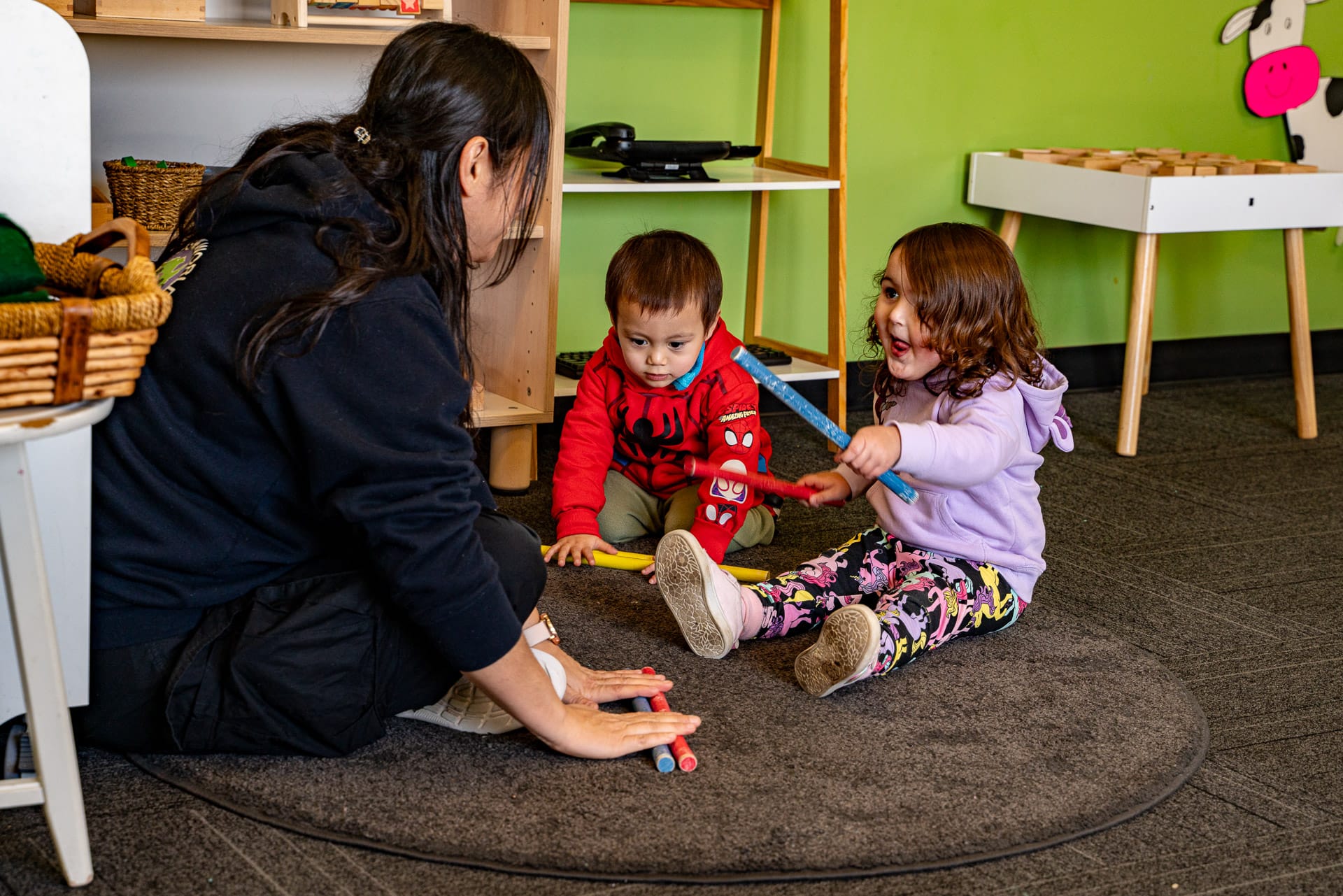Social skills are a vital part of a child’s development, and preschool is often the first environment where these skills are put into practice. At Kids World, we prioritize the social development of our children, ensuring they learn to navigate social interactions with confidence and empathy. This blog post explores the importance of social skills in preschool and how we support their development at Kids World.
The Importance of Social Skills
Social skills are the foundation of healthy relationships and effective communication. In preschool, children learn to share, cooperate, listen, and express themselves. These skills are essential for their future interactions in school and beyond. Developing strong social skills early on helps children build positive relationships, resolve conflicts, and develop empathy.
How Kids World Supports Social Development
1. Structured Play Activities
At Kids World, we incorporate structured play activities that encourage children to work together. Whether it’s building a tower with blocks or participating in a group art project, these activities teach children to share, take turns, and collaborate.
2. Community Engagement
Our regular outings into the wider community and inviting special guests for incursions provide children with diverse social experiences. These interactions expose children to different people and settings, helping them develop adaptability and social confidence.
3. Montessori and Reggio-Emilia Approach
By blending Montessori and Reggio-Emilia teaching philosophies, we create a balanced environment that promotes independent thinking and cooperative learning. Children are encouraged to explore their interests while learning to respect the ideas and contributions of others.
4. Supportive Environment
Our passionate team of long-term, permanent staff builds meaningful relationships with each child, creating a safe and supportive environment. This security allows children to express themselves freely and develop strong interpersonal skills.
5. Parent Involvement
We believe that supporting the wider family circle is crucial for a child’s social development. By offering initiatives like coffee at pick-up and drop-off, fruit in the afternoons, and chef-cooked dinners, we create opportunities for parents to connect and share their experiences, fostering a sense of community.
Practical Tips for Parents
1. Model Positive Social Behavior
Children learn by observing their parents. Model positive social behavior by showing kindness, respect, and empathy in your interactions.
2. Encourage Playdates
Organize playdates with other children to provide opportunities for your child to practice their social skills in a different setting.
3. Discuss Emotions
Help your child understand and express their emotions by discussing different feelings and appropriate ways to handle them.
4. Praise Positive Social Interactions
Acknowledge and praise your child’s positive social interactions, reinforcing the importance of good social behavior.
Conclusion
At Kids World, we are committed to nurturing the social development of our children. By providing a supportive environment and engaging activities, we help children develop the social skills they need to thrive. Together with parents, we can ensure that our children grow up to be confident, empathetic, and socially adept individuals.


